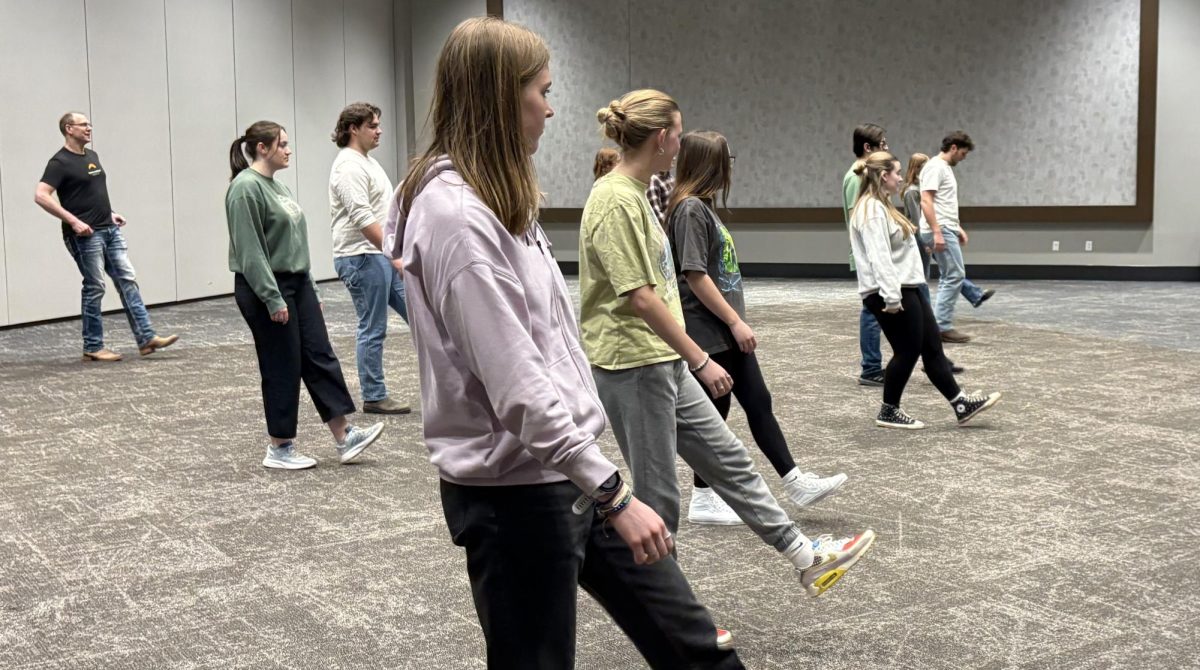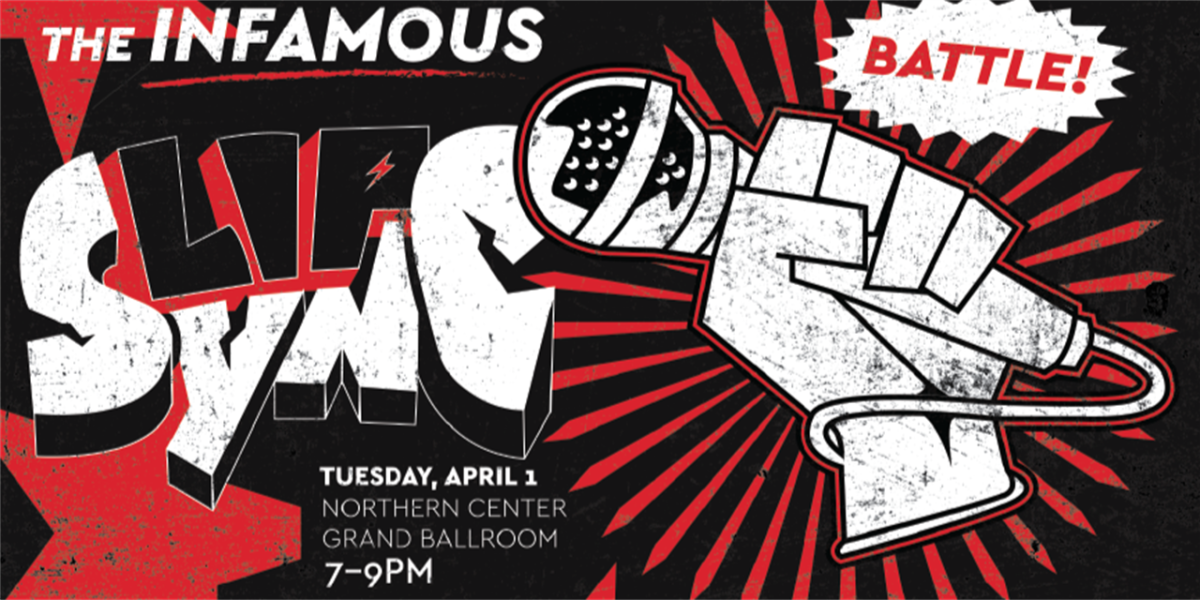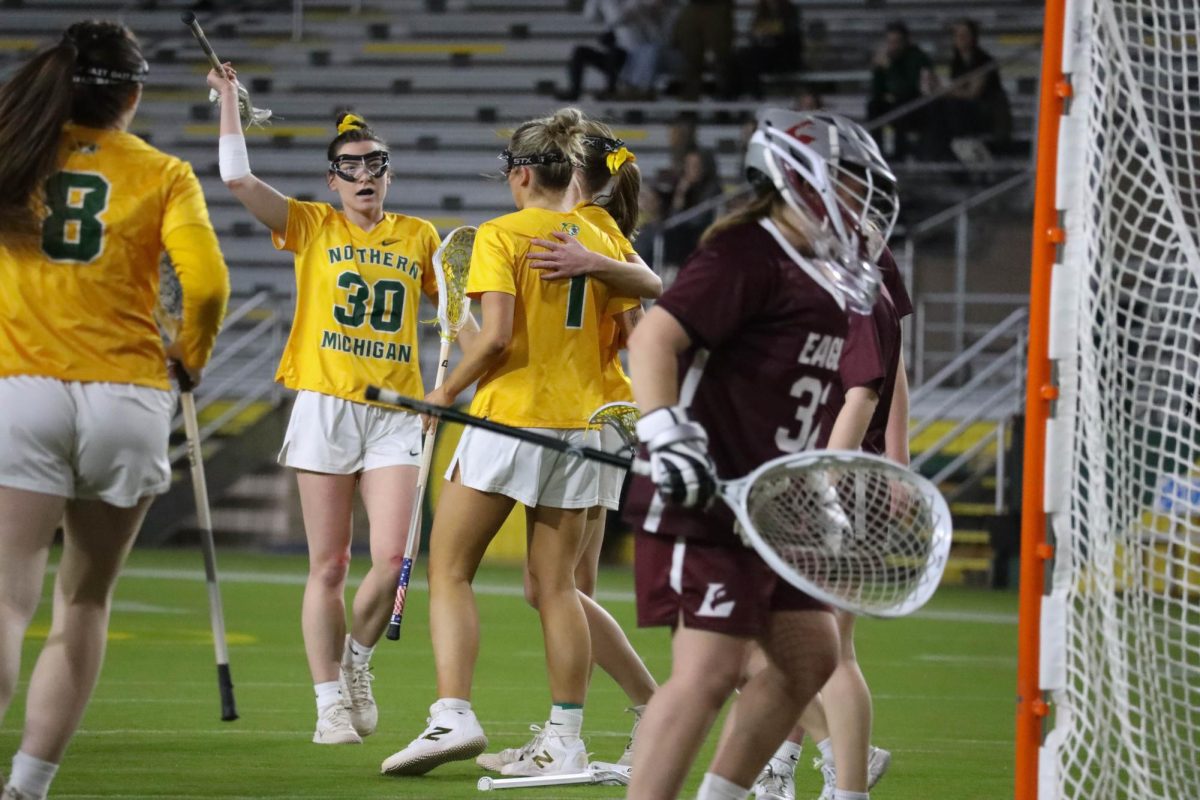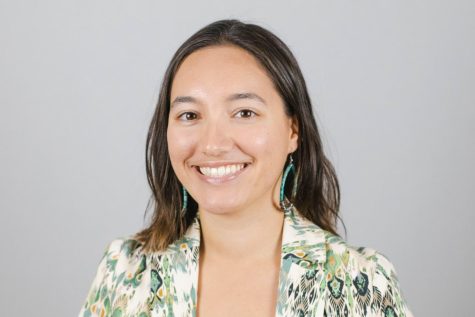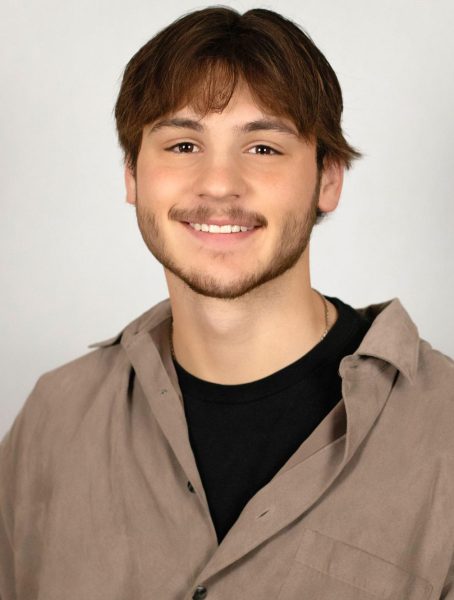Pride Rock plans to resubmit LGBTQ+ housing proposal
Students who do not identify with their assigned gender at birth are not able to search for roommates based on their preferred gender. They do not always know if their roommate will accept them for who they are and if they will be allowed to be them true selves within their living space. The Pride Rock proposal is looking to change that.
September 16, 2021
For Alyssa Bjork, senior secondary education major, being an RA in Hunt Hall was so much more than making sure her students were safe and following rules. Being an RA allowed her to listen to the struggles of her residents as they navigated campus and college and help them through difficult times.
One concern that stuck out to her was the gendered housing that made room selection difficult for nonbinary and transgender students.
“The way selection works for picking rooms, as of right now, it’s a very gendered process, and because of that, there are students who are either trans, nonbinary, who get auto-assigned to, for example, an all-female house even though they are nonbinary,” Bjork said. “We saw that happen this year and it is a current issue that we are trying to cope with.”
Helping these students find more comfortable living situations motivated Bjork to look into creating LGBTQ+ inclusive housing in the spring of 2020. She collaborated with Haylee Snyder, senior psychology major and former RA, to draft a proposal to send to NMU’s Housing and Residence Life department.
The goal of the proposal was to create an LGBTQ+ priority house within the dorms that would create a safe community for LGBTQ+ students.
That proposal was denied due to time constraints, but other students who had heard about the project refused to give up.
Now, Sarah Pilto, junior secondary education major and RA in Magers, along with Amber Essenmacher, junior English writing major and RA in Magers, are rewriting the proposal from scratch and are planning on submitting it for review on Sept. 20.
“Starting in March [2021], we started regrouping,” Pilto said. “We basically scratched everything from the year previous and started straight from the ground, rebuilding and reworking everything that we had already done. Just to make sure that everything was as perfect as we could possibly get it this time.”
Over the summer, Pilto and Essenmacher sent surveys to other universities that have active LGBTQ+ projects similar to the inclusive housing proposal they are trying to create. They collected information and resources from them which they included in their seven-page proposal.
Another part of their research included talking to the Queers and Allies club, department of sexuality and gender studies and Amber Morseau, the director for the Center for Native American Studies.
“We met with [Morseau] over the summer to gain more knowledge about Two-Spirit individuals, and how we can, through this project, impact and help Indigenous communities,” Pilto said. “I think when we consider activism as a whole and making changes to better help communities, we often think of it through a white lens. Everybody on this project is white. We wanted to bring her in … so that way we can better serve all identities and all intersections of the LGBTQ community and be able to bring that information into our parapro training.”
Pilto and Essenmacher are also taking into consideration the financial status of students who may be interested in this house. Their proposal suggests the house be started in one of the old dorms instead of the Woods so it will be more affordable for those who choose to live there.
“A lot of LGBTQ students who are coming to college may or may not have parental support, so they may be coming to college all on their own and just frankly can’t afford the Woods,” Pilto said. “And that’s what we were working on comparing and contrasting the needs of our students, with what spaces could provide for them.”
The current proposal addresses issues such as lack of RA and inclusive training for paraprofessionals, LGBTQ+ mental health and the constrictive housing application.
Even if the housing proposal is not approved, adjusting the language and options with the housing application is something that needs to change, Pilto and Essenmacher said.
Allen Cooney, sophomore biology major and RA in Magers, is a student who has shared his story with them and has given his support for the project.
“Housing was a nightmare for me. The housing [office] was helpful, but there’s only so much they can do,” Cooney said. “They basically wrote my name down and I said, ‘can you please put me in a suit with trans men. I don’t care where I am, I’ll pay to be in the Woods if I need to.’ I got lucky, I was in a suite with all trans men, but I have seen this year, even some of my residents who were just tossed into a suite with people who don’t share the same gender identity, who don’t understand what’s going on.”
The housing office is able to help students looking to room with others of the same gender identity on a case-by-case basis, but the proposal argues that housing applications should include more gender identity options for students and make the process less stressful.
“The forms are not helpful because you can put your gender down as nonbinary or trans man, but then you can only search for roommates with your assigned gender at birth,” Cooney said. “It’s not ideal.”
To help streamline the proposal writing process and address broader housing concerns, the group also created the Pride Rock student organization. Pride Rock meets every Wednesday at 4 p.m. in the lodge and is dedicated to improving on-campus living for all.
Before Sept. 20, Pride Rock will mainly be focusing on making final edits to the proposal, but after it is submitted Pride Rock will be a discussion forum open to anyone with housing-related issues.
Once the proposal to establish a LGBTQ+ priority house on campus is submitted to the Housing and Residence Life office, it will hopefully reach the Board of Trustees desk where they will approve or deny the request.
If the proposal is approved, Pride Rock and those involved with the project would immediately start developing marketing for incoming students and educating those in the admissions office. This would also affect the students currently living on the floor that the house would be implemented in.
“It would first initiate a conversation within the house that we plan on putting this in … we want it to be very clear that the residents of that house are first priority,” Pilto said. “We can’t kick students out, but it’s important for students to understand what their space is going to turn into, and that they are more than welcome to stay there if they feel like that community is still something that they want to participate in.”
It is also important for students to know that the creation of the LGBTQ+ priority house would not force those who identify as a part of the LGBTQ+ community to live there.
“It is in no way a segregation thing or a mandatory ‘let’s put all the gay people here.’ It’s just another option,” Pilto said. “If somebody who’s LGBTQ doesn’t want to live here, they don’t have to. They can choose to live wherever they want, just like any other student.”
The Pride Rock team is trying to make the house as inclusive, safe and welcoming as possible. Their goal is to help all students feel more comfortable in their living space and those they live with.
“I recognize that sometimes being a part of the LGBTQ+ [spectrum] can be a barrier to building communities or finding communities on campus, the same way that being a low income or first gen student can be,” Essenmacher said. “By offering something like this to students, it takes away that barrier, at least for some people. Not everybody has to live there, but this is a place for people who are worried that they are going to struggle building that community, finding it or feeling safe on campus.”
Even with all these benefits that come from creating an LGBTQ+ inclusive house on campus, the Pride Rock team understands that a lot of students have concerns about this living space. One of the main concerns addressed in their proposal is the possibility of targeting by others on campus. Based on the data from many universities, targeting has not been an issue for them, mainly due to the concept of safety in numbers, said Essenmacher.
Pride Rock also hopes to limit the threat of targeting by educating the people on staff and adopting strict zero-tolerance policies for harassment, bullying and hate crimes.
“I think that some of it comes down to the parapros that are on the staff too, and knowing that you are hiring people that are going to support the communities that they exist in,” Essenmacher said. “We want to make sure that the people that are existing in these spaces and supporting them, leading them, are going to be kind and helpful too.”
If students have any questions or concerns about the LGBTQ+ priority house, Bjork, Snyder, Pilto and Essenmacher are open to discussing the project with anyone who wants to learn more. Students can attend the weekly Pride Rock meetings or contact anyone on the project directly.
“I think the bottom line is we just want students to know that this comes from a place of love and experience,” Essenmacher said. “We care about this because it has impacted us and it has impacted people that we care about …we have seen it happen firsthand. This is not just housing trying to put a BandAid on a big issue, we really care about it.”
The Pride Rock team hopes that their proposal will get approved and kick start a future where inclusive housing does not have to be questioned or fought for.
“I can not wait until the day my name is forgotten,” Pilto said. “It seems very strange, but honestly I do not want this to be a ‘this is the house that so-and-so and so-and-so worked on’ because the people that live there remember us. I want it to just be what it is … be more commonplace and not a novelty.”





